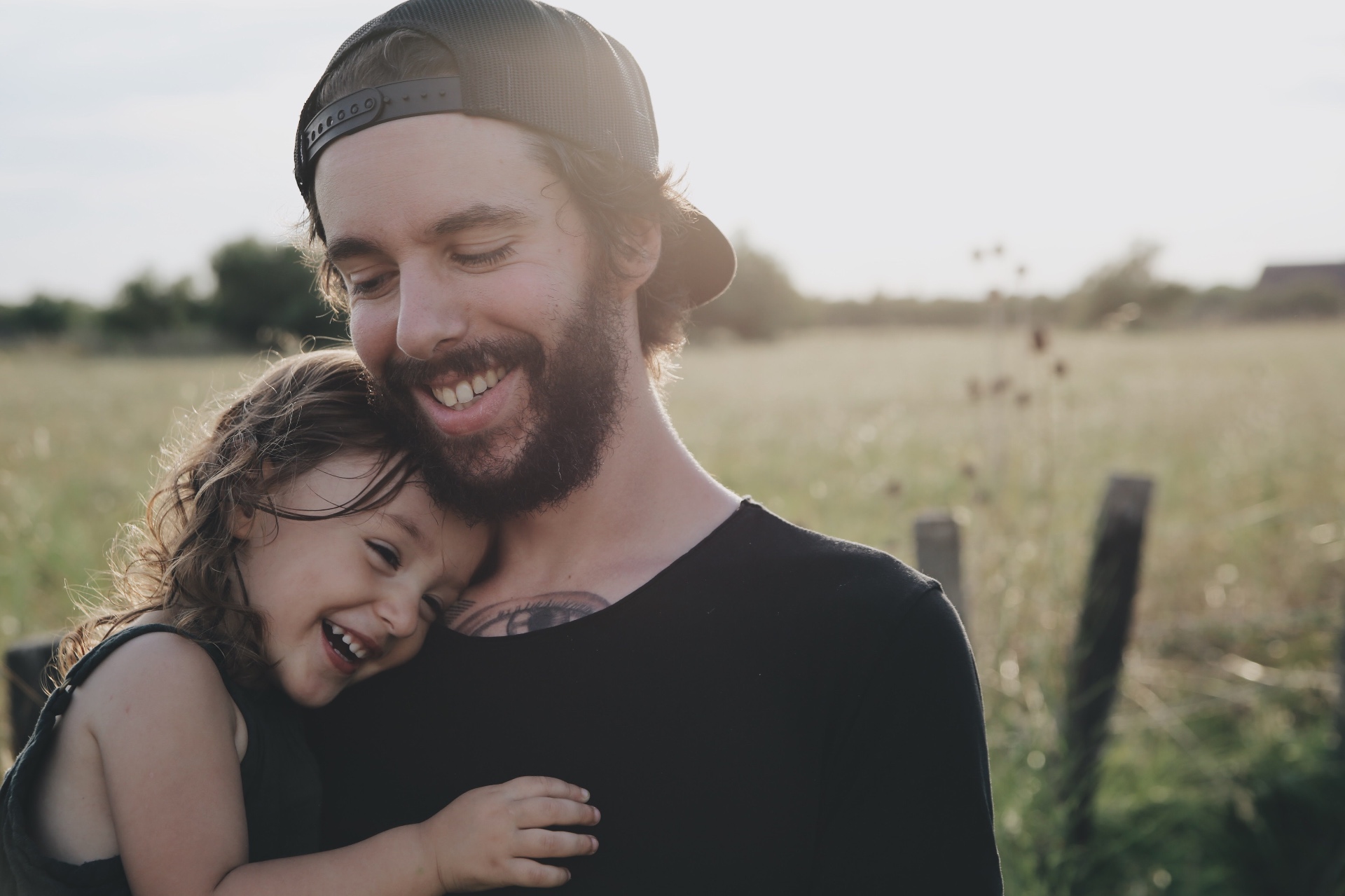What Parents Should Know About Their Young Child’s Emotional Health

You are a parent and this little human is looking at you, watching you, learning from you, and needing you. There hasn’t been any time in your life when you’ve known this profound feeling and it is an experience that is difficult to explain (full of awe, terror, love, frustration and overwhelm to name a few of the mishmash feelings you experience day after day). No matter how old your child is, the feelings are there, reminding you of just how important you are.
But I don’t have to tell you this, because you experience it. You feel it in the space between yourself and your child – that vast space where actions and words are heard, seen, interpreted, and where each individual takes what they can from the relationship or puts limits on the relationship. This can be difficult. The demands of life and our other relationships can make prioritizing this interaction challenging. There isn’t enough time. It’s hard to know when to respond with limits and tough love versus a hug, especially when everyone around us seems to have an opinion about it.
Children can also make this difficult as they navigate the world and learn how to get their needs met. Just like any of us, they see what works and they keep doing it. If a baby cries and their parent responds by picking them up, changing them and feeding them, they will continue to cry when they need these things. Older children understand that some behaviors get them the responses they want from their parents – throwing a tantrum gives me the individualized attention I was looking for or results in parents giving in and letting me have what I want. These are basic ideas of learned behavior. But what if it is more complicated than this? What if the relationship actually impacts behaviors?
Our ability to be present with others depends a lot on the emotional reserves we have available. If it was a hard day and we’re exhausted, this will show in how our children respond to us, because it shows in how we respond to them. Think about this one, because it is important. It’s easy to blame one person for their behaviors/responses without taking the time to think about our own piece in the interaction. What did I bring home with me and how is it seeping out onto those I love? This takes practice, mindful intention, and a willingness to be self-reflective.
Each of us also brings a history to every relationship. In this case, our history with our own caregivers can impact the relationships we have with our children. If we grew up feeling like our parents knew how to meet our needs by providing love, safety, play, and emotional availability, it will be easier to know what this looks like and how to provide it. If we grew up with parents who could not consistently offer the emotional support we needed, or who struggled with safety, or understanding what is typical of children, we too could struggle. This relationship we had with our parents could take hold for generations if there isn’t a conscious awareness and willingness to try something different.
As parents we often co-regulate our young child’s emotions. That is, we provide the stage for how they might react or feel in any given situation. If we are feeling scared, anxious, angry, or frustrated and struggle to manage these feelings, it is likely that our children will also respond to us with fear, anxiety, anger, or frustration. However, if we’re able to regulate our bodies enough to provide some calm, children will respond to the calm and regulated feeling they observe. This doesn’t mean that parents have to be perfectly regulated at all times, but if continued behavioral challenges occur it is worth looking at what we are putting out into the world and if our child is responding similarly.
Being present, mindful, reflective, and emotionally regulated is helpful to our children and their behaviors. It can also be very hard to do when we feel triggered, overwhelmed, and even desperate in our interactions. As we all consider building our mindfulness skills and ability to reflect as a method of managing stress, it is also important for engaging in relationships and parenting. Sometimes this takes additional support from a therapist who understands the parent-child relationship and can support changing the things that are getting in the way.
It might take looking at behaviors and how they are supporting the child to get their needs met; coming up with strategies and ideas to allow the child to try this in a healthier way. It might also require spending time with the parent and how they experienced childhood and the relationship with their parent – supporting parents to find a way that feels better and doesn’t leave a lasting negative impact. Lastly, it could involve parent-child therapy sessions to identify how you communicate with each other and how this is helping or hurting. If you feel like you need this additional support with your young child, please reach out to an experienced therapist who can guide the relationship in a new direction and decrease behavioral challenges. Learning these skills early can provide a foundation for years of positive interactions and guide you in raising a happy, healthy child.
Additional Resources
If you’d like more information about parent education or therapy supports check out our services page to learn more or fill out the form on this page. We often support parents through this challenging time. Services
April and her husband Peter have also created a journal to support parents as they consider their child’s behavior and play activity. So many parents have expressed frustration around play (“it’s boring, it’s strange, I don’t know how to do it”). Check this journal out if you’d like support in this area. Play Journal

